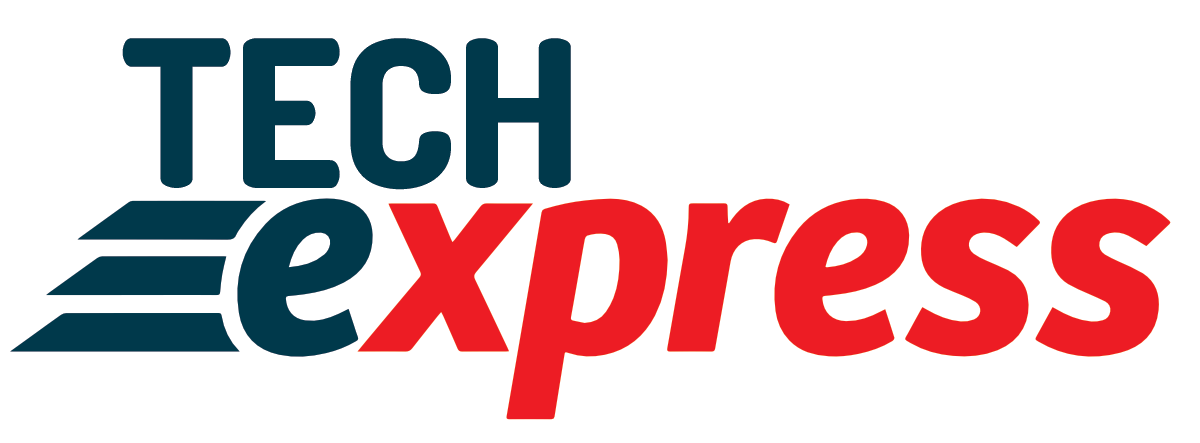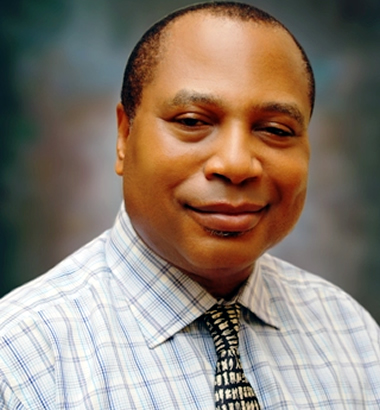AT the 2012 CommunicAsia show in Singapore, the Broadband Forum released data have revealed a global installed broadband user base of over 600 million. The data revealed that 16 million new subscribers were added during the first quarter of 2012, which was an increase of 2.7 per cent on the previous quarter, as well as 100 million new lines.
The research, which was conducted by Point Topic, a UK leading resource based company and presented at the forum, disclosed that Asia was the biggest overall region with a total of 262 million subscribers, having added 8.6 million new lines at a growth rate of 3.4 per cent in the quarter. It however noted few changes in the top country rankings, where China led the rankings with 164 million subscribers and 4.4 per cent quarterly growth.
The U.S. is second with 93 million and a 1.8 per cent growth rate. The top 10 countries, according to the research are in the order of Japan, Germany, France, Russia, UK, South Korea, Brazil and Italy.
The research said that China accounted for the highest number of new subscribers with yearly growth of 26 million. The highest yearly growth rates are Russia with 27.4 per cent and Ukraine with 26.8 per cent. It noted that China, India and Brazil also posted double-digit yearly increases.
According to the Chief Executive Officer of the Broadband Forum, Robin Mersh, the growth shows no sign of slowing down, “It is just 18 months since we celebrated the 500 million subscriber watershed and even less time since IPTV subscribers reached 50 million – yet in both cases growth is still accelerating.”
However, the survey disclosed that as growth continues across the board, that despites that there countries with highest penetration rates, there are signs that countries worldwide are entering a new phase where customer acquisition will be driven primarily by churning current subscribers from their existing supplier.
Be that as it may, the survey affirmed that countries in the African region, including South Africa, Nigeria, Egypt, and Kenya among others could accelerate broadband growth in their region and globally by putting actions behind every policy pronouncements.
This point was also corroborated by the International Telecommunications Union (ITU) at the just concluded Earth Summit in Brazil, where it reechoed the importance of Information and Communications Technology (ICT) and broadband networks as catalyst for sustainable development, which it said can only be fast track through sustainable policy instrument.
According to ITU Secretary-General Hamadoun Touré, “It is appropriate that Information and communication technologies have been recognized as critical instruments to achieve sustainable development by the landmark Rio+20 conferences. ICTs are unique, cost-effective, inclusive and environment friendly tools to spur green growth and create jobs, promote social progress, and ensure environmental protection and the sustainable future that we want.”
Though, the Point Topic survey was silent about the specific growth of broadband in Nigeria, aside generalising Africa, industry analysts in Nigeria opined that out of over 40 million Nigerians already connected to the Internet, only about 12 million, representing about three per cent, have access to efficient broadband internet. This, according to them, is in spite of the falling prices of bandwidth capacity due to the growing number of undersea cables on the coastline. Industry estimates showed that $2.24 billion (N336 billion) has been invested in deploying underwater cables expected to lower bandwidth cost and improve availability, but Nigerian Internet users still complain about the slow and exasperating access to the information superhighway.
According to a senior analyst at Ovum Research, Richard Hurst: “Demand for broadband services in emerging markets continue to be stifled by high prices. In some countries, broadband pricing was double or triple the price of an equivalent service in a more developed market. In addition, lower GDP per capita in Nigeria; means that broadband is only available to the highest socio-economic groups.”
Speaking at a recent function in Lagos, the Managing Director of Vodacom Business Nigeria, Guy Clarke, believed that the absence of last mile connectivity infrastructure remains one of the fundamental reasons why the expected crash in the cost of services and improved service delivery remains wishful thinking.
This was corroborated by the CEO of MainOne Cable, Funke Opeke, when she said: “We brought a big cable into the market and reduced the wholesale Internet price points significantly. “What we find is that the infrastructure on ground to distribute is limited and in areas where national backbone network, metro fibre networks exist, it is controlled in a proprietary nature unlike an open access infrastructure where anybody can connect at a uniformly low price.
“The prices for accepting such capacity are prohibitive and so it limits how close to the consumers we can get with the capacity we have brought into the region without building the networks ourselves”.
Though, the Nigerian Communications Commission promised to accelerate broadband penetration in the country through an open access model, nothing seems to be happening for now.
At the Accenture Broadband Forum in Lagos some weeks back, Accenture’s Senior Executive, Stuart Orr believed that, increasing penetration in Nigeria, there should be a link between policy and government action. According to him, right policies and implementation will fast track broadband growth in the country.
Meanwhile, Minister of Communication Technology, Mrs. Omobola Johnson, promised to facilitate the development of ICT infrastructure in the country by increasing the number of internet users in Nigeria to 70 million by 2015.
Johnson said the target of her ministry would be to accelerate the roll-out of broadband infrastructure to increase broadband penetration from six percent to 12 per cent by 2015.
But a communication analyst, who spoke to The Guardian on the condition of anonymity, urged both the Communications Technology ministry and the NCC to go beyond mere rhetoric and move into action.
“I have not seen any structure in place to drive this vision of expanding broadband reach. All we keep hearing is talk, talk and talk. When are we going to be able to point to one thing they have done to deepen broadband penetration in this country. Only time will tell”, he stated.
Source: ngrguardiannews.com
Related posts
Subscribe
* You will receive the latest news and updates on your favorite celebrities!


